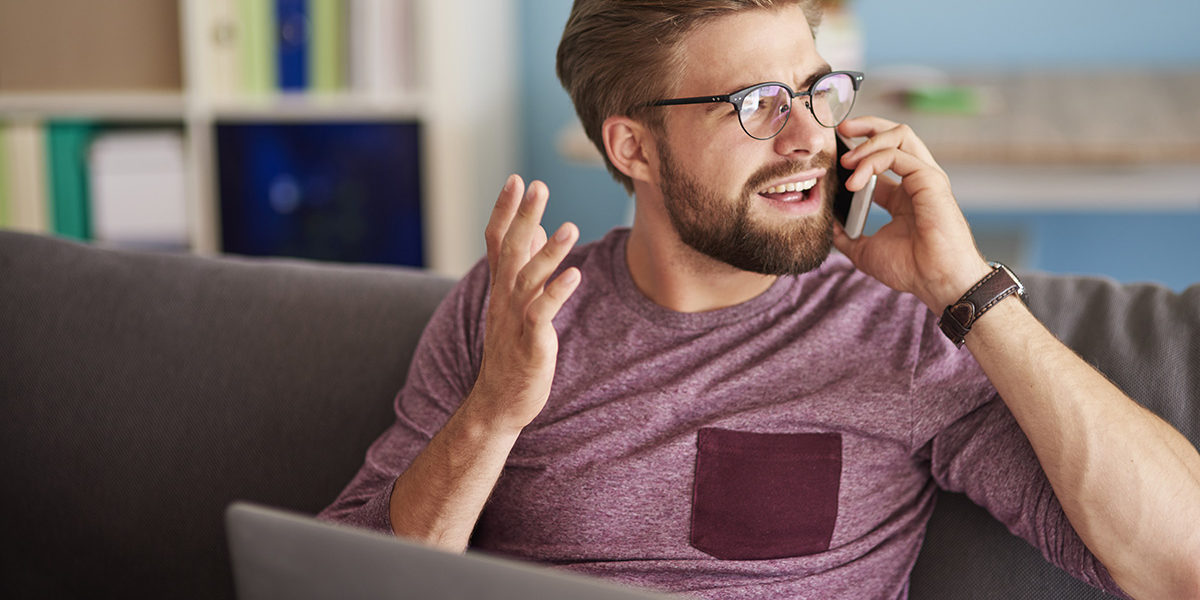“We are like islands in the sea, separate on the surface, but connected in the deep.” – William James
Although our entire world is facing the challenges posed by the coronavirus pandemic, doctors, nurses and other healthcare professionals in addiction treatment are facing a particularly trying time. While people everywhere are marshaling their efforts to wisely address the effects of this deadly disease, both in their personal and professional lives, those in treatment also must not ignore the importance—to developing and maintaining their recovery—of staying connected.
Certainly, all of us have been required to “get creative” at times, in order to keep CDC-recommended safety measures in place as we go forward each day (whether in self-imposed quarantine or in some form of “lockdown” mandated or recommended by our communities’ elected officials). However, for those who are in alcohol or drug rehab for doctors and nurses or treatment programs for professionals, it’s imperative they are both proactive and creative as they “use the tools of the program” (an oft-used phrase in recovery) to sustain the bonds they have developed (or are developing) with those in their recovery networks.
Obviously, social distancing, the primary preventive measure advised by the CDC (besides their emphasis on handwashing), poses unique problems for people in treatment seeking to achieve or maintain long-term recovery. Why? Because it’s been shown from decades of experience and research that those who maintain social support recovery networks (including one’s fellow treatment participants, treatment staff and counselors, 12 Step members, one’s 12 Steps sponsor, etc.) have an increased likelihood of staying sober/clean. In fact, a common saying in the recovery community is, ‘The opposite of addiction isn’t sobriety, it’s connection.’
Addiction specialists nationwide have acknowledged the unique obstacles facing those in recovery during this COVID-19 pandemic. “This is an especially challenging time for people with substance use disorders, since an important part of recovery is social support,” said Joshua Lynch, DO, an emergency medicine physician and co-founder of Buffalo Matters, a program designed to aid healthcare providers in treating people with opioid use disorder.[1]
William Moyers, Vice President of the Hazelden Betty Ford treatment network, adds, “It’s really important that people in recovery stay connected, even if remotely. People feeling lonely, isolated, upset — it’s important they ask for help. Reach out by phone or text and say, ‘Hey, I’m struggling.’ What’s going to get us through this pandemic is the same thing that gets us through addiction — stick together and pull in the right, same direction.”[2]
Fortunately, many have taken to technology to bridge the gap. Given treatment centers and 12 Step meetings are hard-pressed to keep the recommended social distancing in place for “typical” group meetings, group therapy or fellowship meetings and gatherings, most have made adjustments to conform to CDC guidelines—for example, online or conference call meetings, meeting outdoors (weather permitting) or in larger rooms, where social distancing can be maintained—so as to preserve the ability for those in recovery to “meet” and “share their experience, strength and hope” while maintaining the healthy precautions necessary to avoid exposure to the coronavirus.
Indeed, while the Narcotics Anonymous World Service office has recently stated they honor each NA group’s responsibility to determine what is best for their own meetings, they have issued an announcement regarding ideas about possible ways to address the coronavirus pandemic, including “hosting phone meetings or online meetings.”[3] Implicit within these suggestions is the importance of staying connected, maintaining this link deemed vital to recovery.
In summary, while we are all facing unusually challenging times, those doctors, nurses and healthcare professionals who are currently in treatment centers or addiction treatment programs surely will benefit from taking whatever steps are required to maintain social connection with other people in recovery, including those in their recovery networks, one day at a time.
Please contact BoardPrep Recovery Center® at 866.796.4720 to learn more about how our personalized treatment approach can help you or your loved one achieve lasting recovery.
[1] https://www.nj.com/coronavirus/2020/03/addiction-is-deadly-but-so-is-coronavirus-how-are-clinics-handling-the-outbreak.html
[2] https://www.ocregister.com/2020/03/13/sobriety-in-the-time-of-coronavirus-stay-connected-even-if-remotely/
[3] https://www.na.org/admin/include/spaw2/uploads/pdf/Coronavirus_web_message_12Mar.pdf







